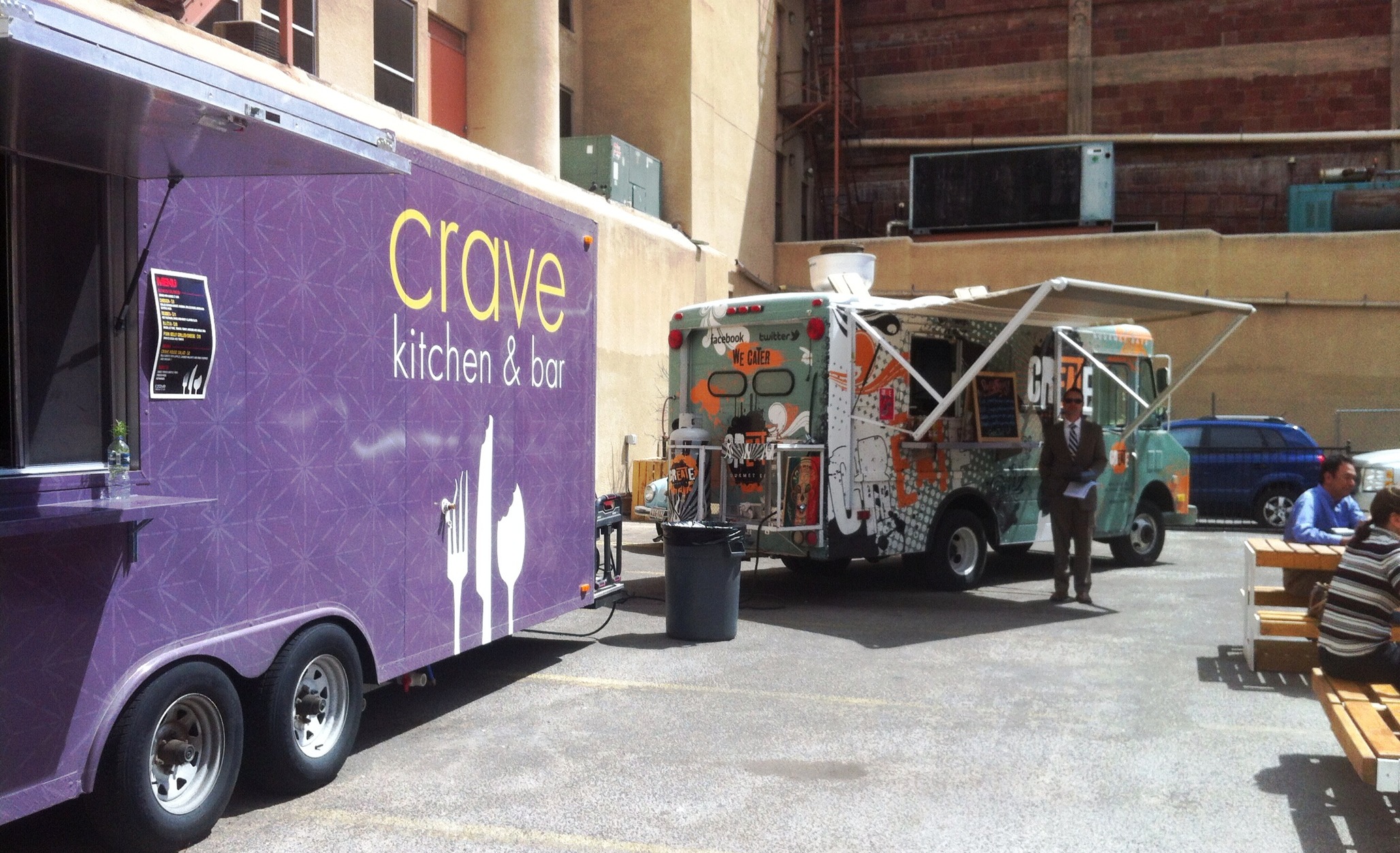EL PASO, TX — A hungry motorist driving on the desert highway on the east side of this border city could suddenly come up on Jesus Ramos’ El Vaquero food truck, stop and enjoy an “elotes,” a corn concoction that has its origins in old Mexico.
“I have been in the food truck business for 30 years,” said Ramos, who specializes in serving the elotes, a mix of corn, butter, cheese and chile in a styrofoam cup. “I began in Mexico, and have only recently been in El Paso for three years. I sell 300 elotes a day at $3 to $5 each and to me it’s well worth the work of owning a food truck.”
Opening a mobile restaurant or food truck is not an easy task. Certain rules and regulations need to be met and money needs to be spent. Yet, while the process may prove to be difficult at times, it has proven to be a viable,booming industry.
With food trucks for every palette and diverse menus, customers enjoy the ability to eat out without having it cost them much. For some vendors the trucks are their only source of income, while for others it is done for the enjoyment of pleasing their customers.
There were 365 trucks feeding customers throughout the city In 2012. Food truck licenses here have increased by 125 since then. The trucks serve a varied cuisine that reflects the culture of the El Paso/Juarez region.
Recently, gourmet trucks have taken a parking spot next to the more traditional lunch and wagons that have long been the mainstay for shift workers. A sampling of trucks and menus read like an Iron Chef cook-off:
- Stuffed – sells gourmet burgers topped with bacon, hot dogs, and an egg to seal the deal.
- St. Cheddar’s – spices up the original grilled cheese sandwich with bacon and avocado.
- Flaming Island Grill – serves authentic Chamorro BBQ from the island of Guam.
- Frying on Wheels – offers up comfort food from Brazil, such as pastels and puddings.
- Holy Cupcakes – features unique flavor concoctions like pineapple, s’mores and churros.
Being a food truck owner takes time, commitment and money. Before starting operation, vendors need to acquire a food handler’s card and permit that costs more than $300. Certain rules and regulations need to be met in regards to food preparation, equipment, establishment and location.
Find the entire article at borderzine.com <here>




